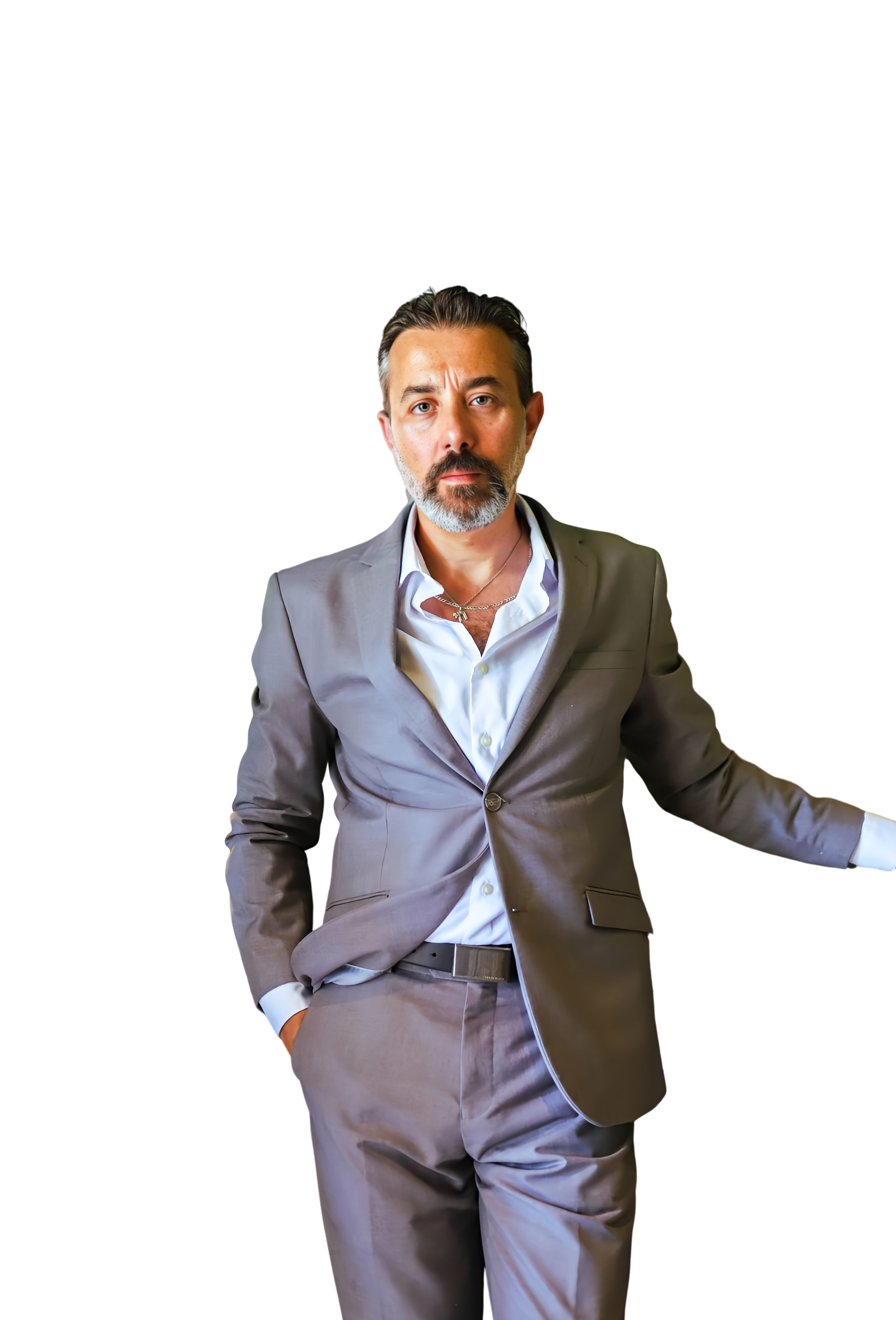The Cost of Certainty: Why Doubt is a Superpower
- Ethan Starke
- May 31, 2025
- 3 min read
Updated: 1 day ago
Certainty feels good.
It feels powerful. Clean. Final.
We crave it. We chase it. We believe we need it before we act.
But certainty, real certainty, is rare.
And more often than not, the people who insist they have it are the ones most at risk. Because while certainty feels strong, it’s often just a well-disguised form of fragility.
Doubt, on the other hand? Doubt gets a bad reputation. But doubt, handled correctly, isn’t weakness. It’s strength. It’s the fuel of growth, adaptation, and intelligent decision-making.
The most powerful people you know? They don’t banish doubt. They know how to use it.

The Trap of Overconfidence
In Thinking, Fast and Slow, Nobel laureate Daniel Kahneman exposes one of the brain’s deepest flaws: overconfidence bias.
Simply put, we’re terrible at knowing what we don’t know.
We underestimate risks. Overestimate our abilities. Ignore signals that don’t fit the story we’ve already decided is true.
Certainty makes us lazy. It makes us rigid.
Once we’re convinced we’re right, we stop learning. We stop listening. We double down on bad bets because we’re emotionally attached to being correct.
History is littered with the consequences of certainty:
Companies too confident to pivot when the market shifts.
Leaders too certain to hear dissent before it’s too late.
Individuals too sure of their path to see when it’s no longer leading anywhere.
The cost of certainty isn’t just mistakes.
It’s stagnation.
Case Study: Galileo and the Power of Doubt
Galileo Galilei didn’t set out to be a revolutionary.
He set out to answer questions others thought were already settled.
At a time when the Ptolemaic model (Earth at the center of the universe) was accepted as truth, Galileo dared to doubt. He didn’t dismiss tradition lightly, he questioned it rigorously. Through observation and repeated testing, he became convinced that the Earth revolved around the Sun, not the other way around.
His doubt wasn’t casual skepticism. It was disciplined inquiry.
And it reshaped the foundations of modern science.
Galileo’s story proves that doubt, wielded correctly, isn’t paralysis.
It’s the beginning of progress.
Why Doubt is a Superpower
Handled poorly, doubt leads to indecision and anxiety.
Handled well, it leads to:
Better decisions - Doubt forces deeper analysis and better risk assessment.
More resilience - When you expect uncertainty, you’re less rattled by it.
Faster growth - Doubt keeps you learning, adjusting, improving.
Doubt doesn’t weaken the strong, it strengthens them.
It’s not the absence of belief. It’s the presence of humility; the ability to say, “I could be wrong. Let’s find out.”
And in a world that changes by the minute, humility beats arrogance every time.
How to Use Doubt as an Advantage
1. Challenge Certainty Like a Scientist
Don’t defend your beliefs, test them.
Ask:
What would disprove this belief?
What am I not seeing because I want to be right?
What evidence would convince me to change my mind?
When you approach your ideas like hypotheses, not truths, you open yourself to learning without losing confidence.
2. Embrace Micro-Doubts, But Move Anyway
You don’t need to be 100% sure to act.
Treat doubt like a speed bump, not a wall. Slow down, evaluate, adjust but keep moving.
The best decisions are made with incomplete information and a willingness to course-correct.
3. Separate Doubt from Fear
Doubt asks “Is this right?”
Fear asks “What if I fail?”
They sound similar, but they’re not.
Doubt sharpens strategy. Fear freezes it.
Learn to listen to doubt and challenge fear.
4. Stay Curious Longer
Certainty is the death of curiosity.
Stay curious. Stay open. Stay willing to be wrong today to be more right tomorrow.
That’s how you outlast the confident who stop evolving once they think they’ve arrived.
Final Thoughts
In a culture obsessed with certainty, doubt is a hidden superpower.
It keeps you nimble. Teachable. Resilient.
The most dangerous person in the room isn’t the one who thinks they have all the answers.
It’s the one who keeps asking better questions.
So the next time you feel doubt creeping in, don’t suppress it.
Sharpen it. Wield it.
Because doubt is not the enemy of greatness. It’s the engine of it.




